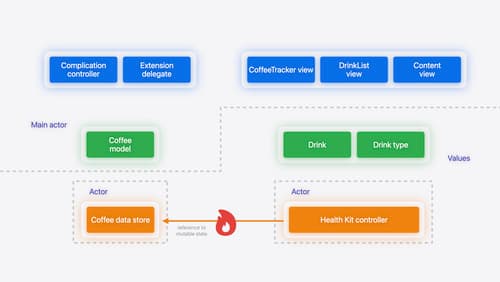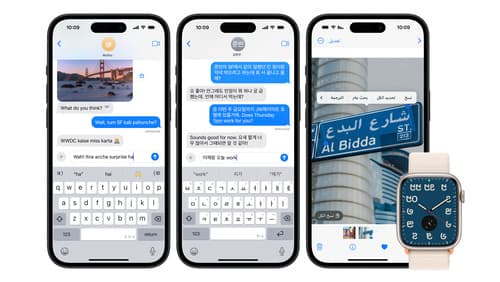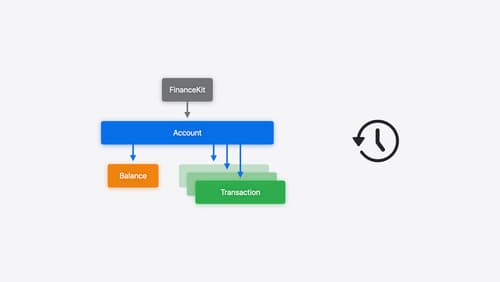numbers
Asked on 2024-09-09
1 search
In the session titled "Build multilingual-ready apps" at WWDC 2024, there is a discussion about handling numbers in multilingual applications. The session explains that while English and many other languages use Arabic numerals, there are various numbering systems worldwide. The session highlights the importance of using formatters to ensure numbers automatically follow locale-specific rules. It introduces two methods for localizing numbers:
- Formatting numbers in code using interpolation, which automatically formats numbers for the current locale.
- Formatting numbers directly in strings, allowing for easy localization without additional code.
This approach respects the user's number settings in language and region preferences and can handle aspects like decimal separators, making it suitable for apps supporting multiple localizations.
For more details, you can refer to the session Build multilingual-ready apps (12:58).

Migrate your app to Swift 6
Experience Swift 6 migration in action as we update an existing sample app. Learn how to migrate incrementally, module by module, and how the compiler helps you identify code that’s at risk of data races. Discover different techniques for ensuring clear isolation boundaries and eliminating concurrent access to shared mutable state.

Build multilingual-ready apps
Ensure your app works properly and effectively for multilingual users. Learn best practices for text input, display, search, and formatting. Get details on typing in multiple languages without switching between keyboards. And find out how the latest advances in the String Catalog can make localization even easier.

Meet FinanceKit
Learn how FinanceKit lets your financial management apps seamlessly and securely share on-device data from Apple Cash, Apple Card, and more, with user consent and control. Find out how to request one-time and ongoing access to accounts, transactions, and balances — and how to build great experiences for iOS and iPadOS.
